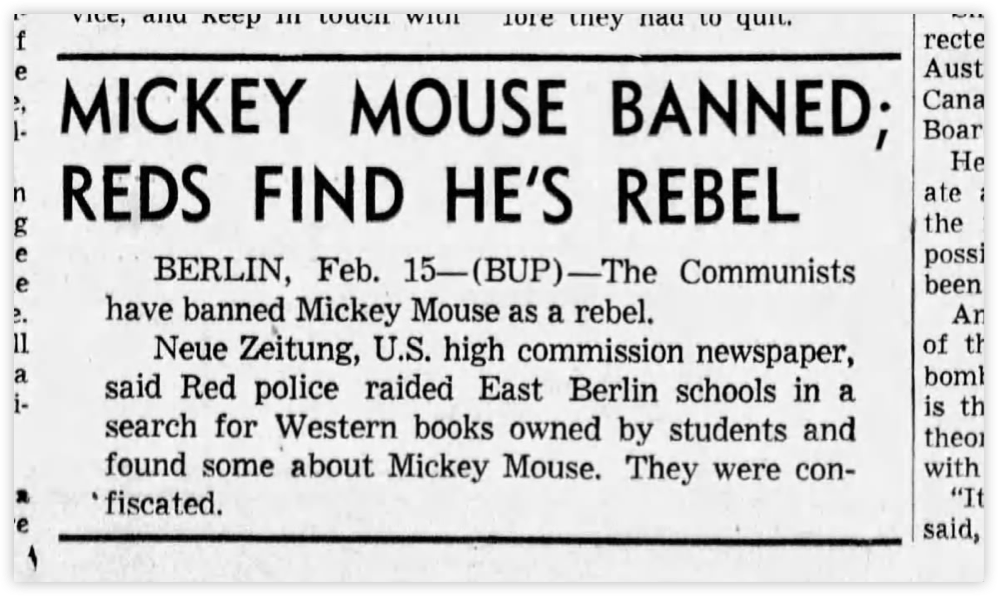🗞 𝙿𝚎𝚜𝚜𝚒𝚖𝚒𝚜𝚝𝚜 𝙰𝚛𝚌𝚑𝚒𝚟𝚎 Roundup
⭐️ Horseless Brain (1904)
In the early days of the automobile some thought high speed travel could cause the brain to become elongated, leading to insanity. The New York Times reported on a debate in Paris between brain specialists on the subject, it included an amusing illustration comparing a normal brain and an ‘autoist’s brain.”’
“motor maniacs will be represented in the insane asylums in the near future.”
🦠🐴 Horse Flu (1872)
In 1872 horses had yet to be displaced by automobiles, so when an equine influenza epidemic began things ground to a halt. This prompted one headline to ask an unthinkable question at the time: Is America to be Horseless?
P.s. Who said a self driving vehicle contracting a virus was just a modern thing?
🚀 Optimistic Tech News?! (2021)
Imagine a publication without the traditional pessimism of emerging tech reporting - the Warp News Newsletter is just that, it gives you fact-based optimistic news in your inbox every week. No cynicism. No catastrophizing. Just honest coverage of real progress.
Example coverage:
🌳 This artificial tree sucks up as much pollution as 275 regular trees (link)
💡 This is when electric cars will be cheaper than petrol cars (link)
📞 Telephone Love (1884)
We found a piece lamenting lovers talking over the telephone, a common complaint, especially in relation to ‘party lines’ where long conversations would hold up other people wanting to make calls.
“The telephone is invaluable to love-smitten fools of both sexes as a transmitter of soft taffy and gush when both parties know how to use the wires."
🗞 Newspaper Time (1854)
In 1854 this man defended letting kids read newspapers, some nice perspective on parental puritanism and how it has changed (and stayed the same) over the past two centuries.
“There's a false opinion.. ..in regard to the influence of newspapers upon minds of children. An objection of the most silly character.”
🪤 Taking the Mickey (1954)
Communist police stormed East Berlin schools and took western literature including Micky Mouse content from children. This report claims Micky was banned for “being a rebel.”
🎥 Industry Shills (1955)
New mediums are always met with concerns about impacts on children, these concerns are in turn met with pushback from those industries and that push back is seen as profit motivated dishonesty. It happened with movies in 1955:
And it’s happening today with social media, this week NPR reported on Facebook pushing back on concerns about social media use causing an increase in youth suicides, which is a reasonable response to an inconclusive theory. It doesn’t make it any truer or less true.
⭐️ Tweets of the Week
The internet turned 30 this week, so we looked back at some early reactions to this strange new medium. David Letterman gave it a hard time when interviewing Bill Gates in 1995:
This writer admitted defeat in 1999 in an amusing column about how the internet had won:











